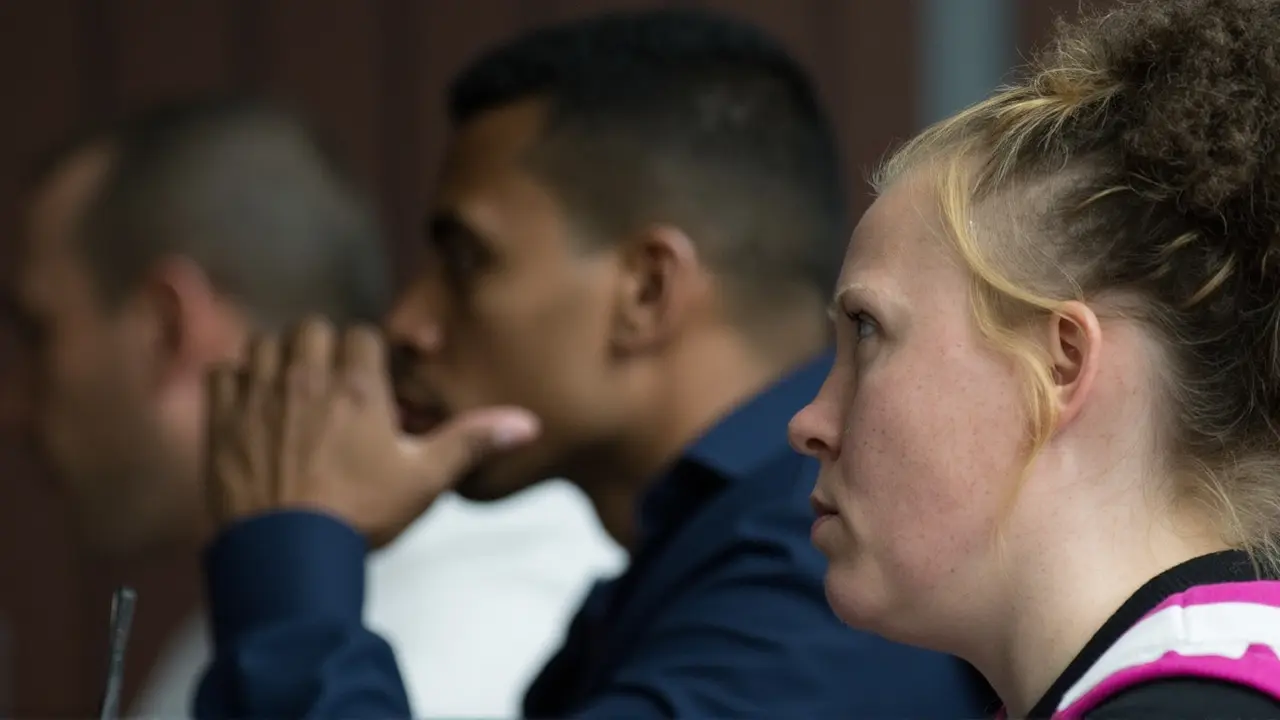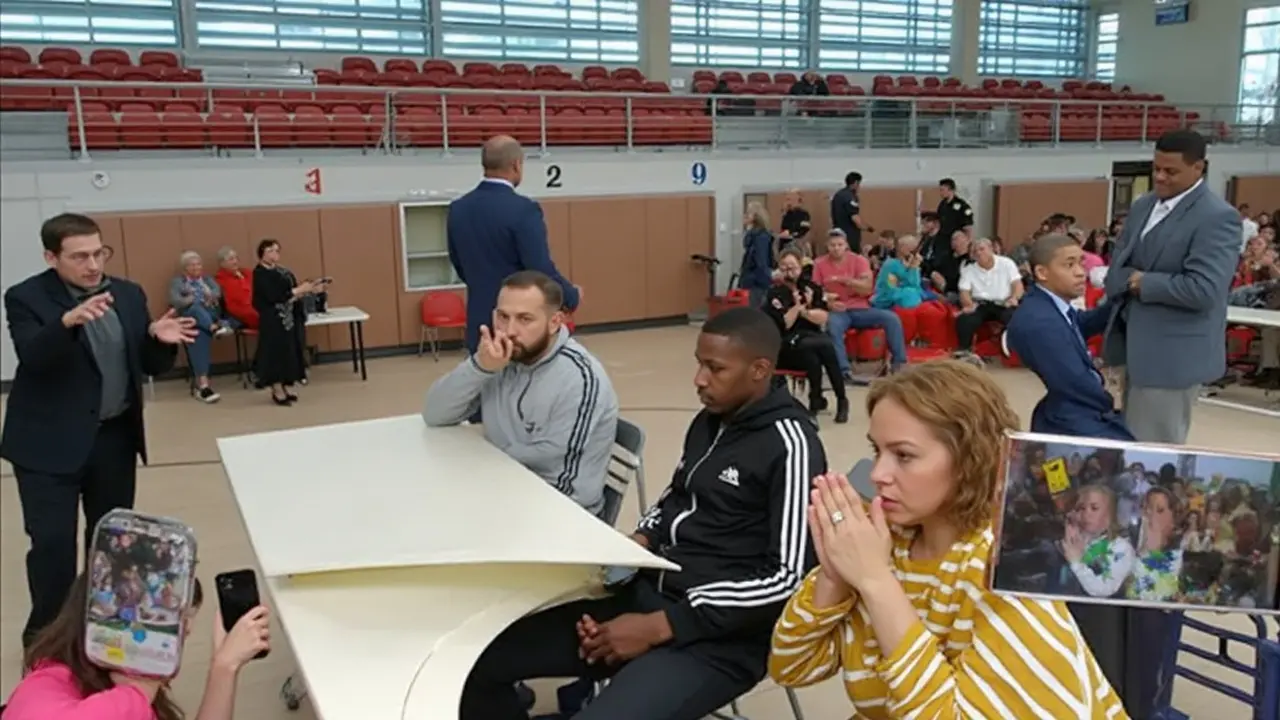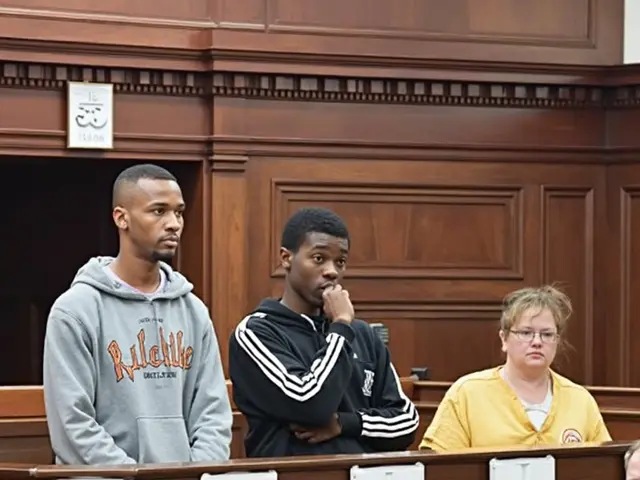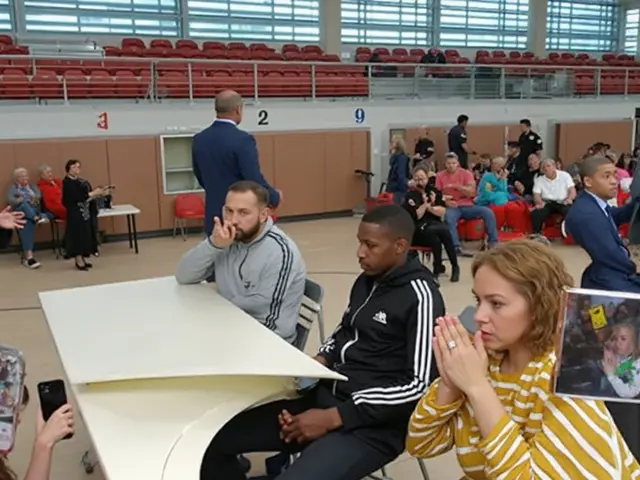Chilling Judgement in the Joshlin Smith Case
Back in February 2024, the small, close-knit community of Saldanha was shattered when six-year-old Joshlin Smith suddenly disappeared. The case quickly spiraled into one of South Africa’s most heart-wrenching investigations—fueling round-the-clock police work, frantic searches by neighbors, and desperate pleas from her family. On May 29, 2025, the Western Cape High Court finally delivered its long-awaited verdict, handing life sentences to three defendants: Joshlin’s own mother, Kelly Smith, her partner, Jacquen “Boeta” Appollis, and Steveno van Rhyn.
Presiding Judge Nathan Erasmus didn’t mince words. He accused the trio of showing no concern for Joshlin in the days after her abduction. According to Judge Erasmus, their behavior bordered on callous. There were no emotional pleas for Joshlin’s safe return, no attempts to aid search parties, and no cooperation with investigators. Instead, the group appeared more interested in protecting each other than helping find a missing six-year-old.

The Trial and the Evidence
From the moment Joshlin vanished, suspicion swirled around those closest to her. Investigators dug deep, combing through phone records, statements, and every lead the public brought forward. A pivotal moment in the investigation came on March 4, 2024, when authorities made a significant, but still undisclosed, discovery. While the details remain under wraps to protect ongoing efforts to find Joshlin, the breakthrough shifted focus toward Kelly Smith and her associates.
What set this trial apart was the rawness of the evidence and the defendants’ stunning silence. Neither Kelly Smith nor Appollis nor van Rhyn took the stand to explain themselves. Judge Erasmus saw this refusal as a glaring red flag—especially given the seriousness of the charges. Testimony from a local evangelist was particularly damning: the project of trafficking had allegedly been planned well in advance, with money as the primary motivator. The judge highlighted how meticulously the group coordinated their actions, reflecting premeditation rather than panic or accident.
- Kelly Smith, the mother, failed to report her daughter’s disappearance promptly.
- Appollis and van Rhyn, rather than distancing themselves after the kidnapping, stuck closely together and avoided authorities.
- Testimony painted a picture of calculated disregard for Joshlin’s well-being from the outset.
The sheer absence of remorse echoed throughout the courtroom. Erasmus was blunt: “They showed no concern.” It was this profound lack of empathy, he argued, that spoke volumes about their motives and their role in the crime.
The sentences were as severe as South African law allows: life imprisonment for human trafficking, plus an extra ten years for kidnapping. Erasmus explained that these penalties were necessary not just for justice, but as a warning to anyone else tempted by the promise of quick money at the cost of a child’s life.
Despite the conviction, the single question that matters most to Joshlin’s family—and to everyone following the case—remains heartbreakingly unanswered. Where is Joshlin Smith? The police say they are still searching, and in Saldanha, signs with her face are still taped to lampposts and pinned to shop front windows. Her family lives in a painful limbo: justice against her abductors has been served, but the hope of finding Joshlin lingers.


